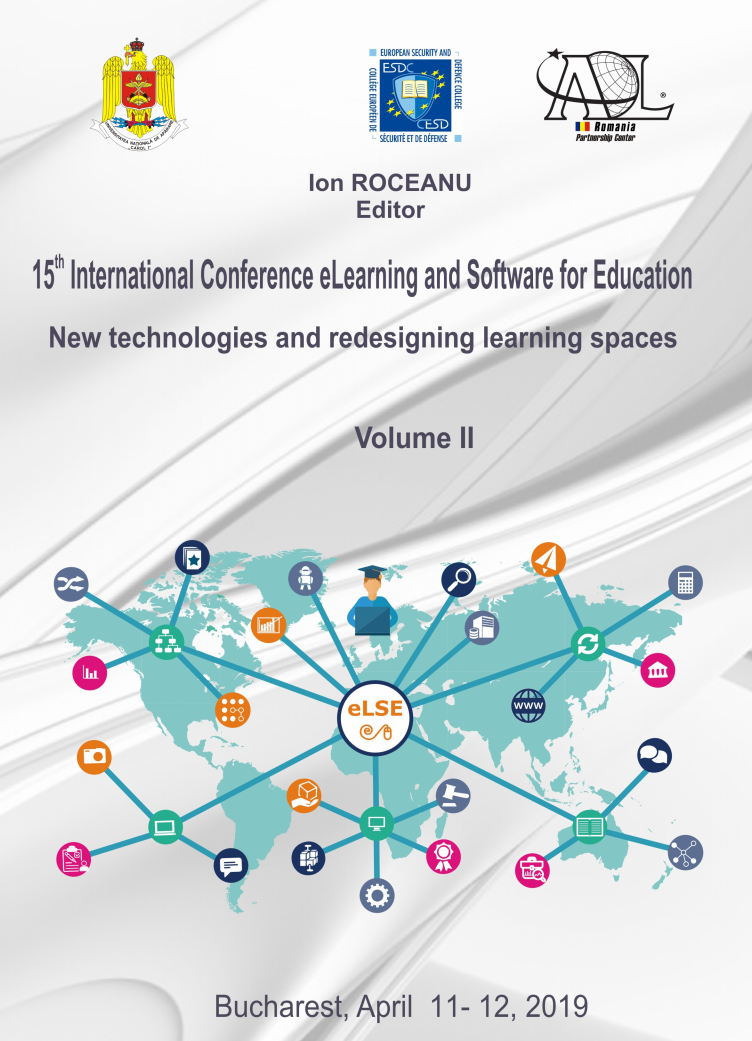The Use of e-Learning Techniques in PR Training
The Use of e-Learning Techniques in PR Training
Author(s): Mirela Ioniță, Veronica PĂSTAESubject(s): Social Sciences, Education, Higher Education
Published by: Carol I National Defence University Publishing House
Keywords: PR Training; Accessibility: content strategy; design thinking;
Summary/Abstract: The PR (public relations) domain requires complex skills nowadays. This professional environment has deeply changed after digital media were added to traditional media. Multimedia have imposed a different approach to PR and generated new jobs on the labor market. Today, a PR graduate should be familiar with the online environment, should be skilled at managing social media accounts, at web design, since multimedia production has become a hiring condition in this field. A PR specialist should develop linguistic, discursive and digital skills. Besides these, a professional must also acquire specific knowledge from the field so as to be able to produce effective messages. However, the training of PR specialists is usually centered around the development of discursive skills. In the present article, nonetheless, we advocate for the importance of developing digital competencies in PR and we argue that this training segment can be made more efficient by using e-learning methods. Yet, the article draws attention to the fact that there are PR training segments that cannot be carried out through e-learning. PR specialists must be able to offer a memorable user experience to their target audience. In order to fulfill this purpose, it is necessary to develop multiple skills needed to create both the content and the form of the conveyed messages. Accessibility, content strategy, design thinking, information architecture, interaction design, multidevice design should be major concerns in the training of competitive PR specialists. Online platforms devoted to PR training are part of blended learning strategies and offer users the possibility to interact with current information through nonlinear learning methods, and enhance the development of creativity through interactive applications.
Journal: Conference proceedings of »eLearning and Software for Education« (eLSE)
- Issue Year: 15/2019
- Issue No: 02
- Page Range: 72-78
- Page Count: 7
- Language: English

